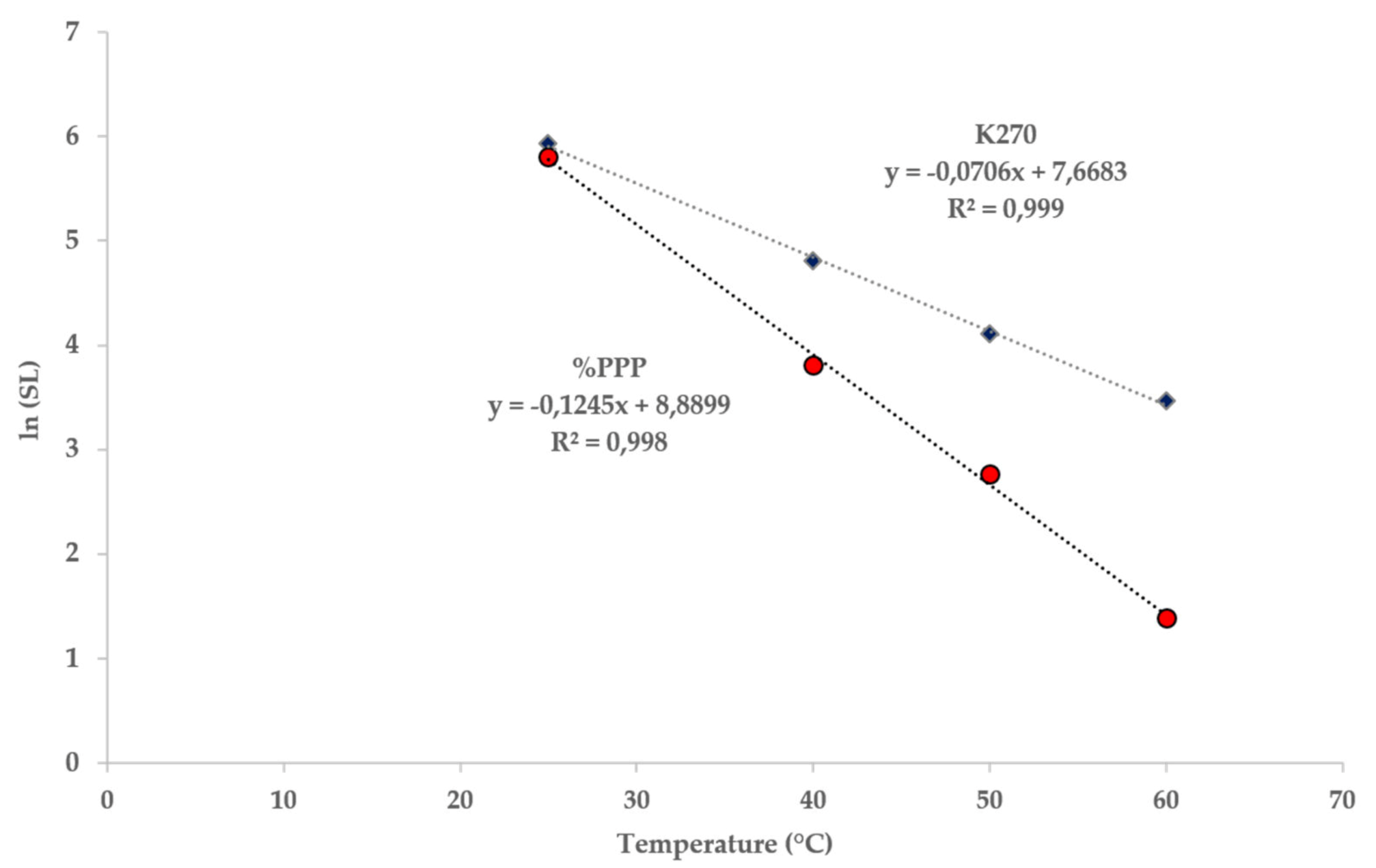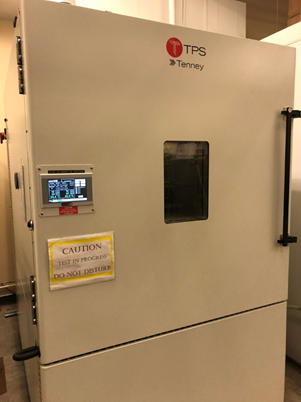Accelerated condition means temperature usually 10 13 c above the normal storage temperature of the product and rh 90 because microbial growth is maximum observed cmc is the moisture content at which the product is unacceptable by using imc cmc we can find the maximum permissible moisture in the product.
Accelerated shelf life testing temperature for food.
Barnett 1980 suggested an accelerated test where packaged products are alternated daily between storage temperatures of 26 7 c 80 f and 15 6 c 60 f for 6 12 weeks.
Increasing the temperature and or humidity will provide data that can then be used to project an estimated shelf life.
Table 8 reports data relevant to the color changes of the beverage during storage at the selected temperatures.
One week under these conditions was thought to equate to one month of normal storage for most fat based confectionery products and those containing nuts.
Accelerated shelf life testing.
Accelerated shelf life study is performed by increasing the storage parameters time temperature humidity of the incubator conditions.
Both methods have their place in the monitoring expected shelf life.
In order to perform the shelf life test under accelerated conditions the beverage was stored at 30 c 40 c 50 c and 60 c for up to 8 months.
The q10 value of a product is the temperature quotient for a 10 c temperature difference as expressed in the equation below.


























